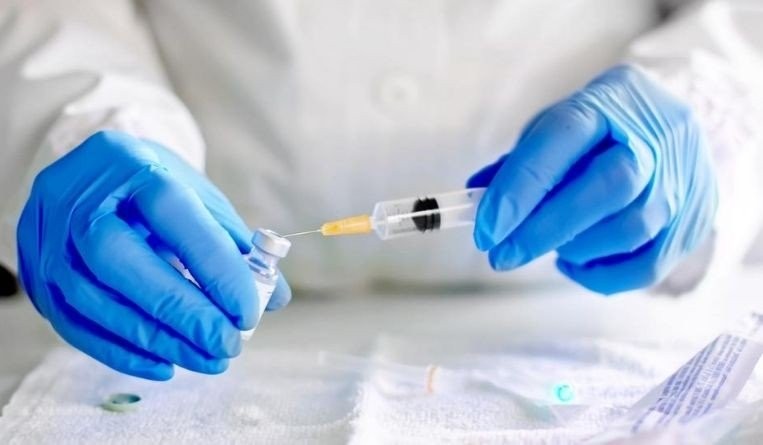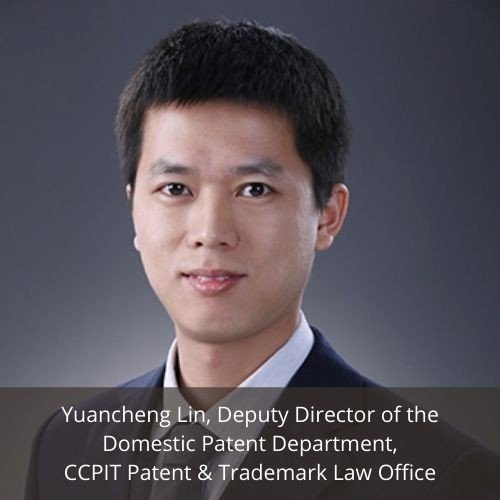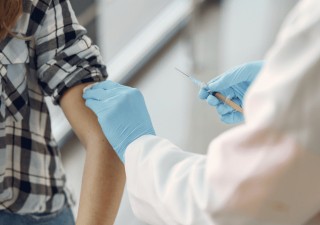Lawyers say awarding a patent before clinical trials are completed is normal.
“The patent law in China currently requires in general for pharmaceutical inventions, such as vaccines, that qualitative or quantitative testing data is included in the description of the invention. This data should show that a notable progress has been achieved when considering the existing vaccines in the prior art,” said Oliver Lutze, principal and country manager of Spruson & Ferguson in Beijing. “In the case of COVID-19 vaccines, the hurdle should be lower as there is no vaccine at all available yet. The showing of a minimal efficacy may be sufficient if the claimed invention is novel. Therefore, no complete clinical trial data is needed that meets the standard of granting regulatory approval for the drug.”
The Covid-19 vaccine candidate will undergo a marketing approval process to determine its safety and efficiency. After it is found to be safe and effective, the vaccine is then ready for public use.
According to Yuancheng Lin, deputy director of the domestic patent department of CCPIT Patent & Trademark Law Office in Beijing, the trial data are compulsory for the approval of the vaccine by the National Medical Products Administration (NMPA).
“In other words, the patent examination procedure conducted by the CNIPA is separate from the drug approval procedure conducted by the NMPA. The former is aimed at determining whether a patent right can be granted to a patentee while the latter is aimed at determining whether a new drug, in this case a new vaccine, could be allowed to enter the market,” said Lin.
CanSino has said that the patent is proof of the Covid-19 vaccine’s safety and efficacy, first reported in the Global Times.
“The patent has provided experimental evidence to support the safety and efficacy of Ad5-nCoV in animal models, which could preliminarily support that this new vaccine would be safe and effective in humans,” said Lin. “Nevertheless, clinical trials are still needed to fully confirm its safety and efficacy in humans.”
For Lutze however, the patent does not confirm safety and efficacy of AD5-nCoV.









